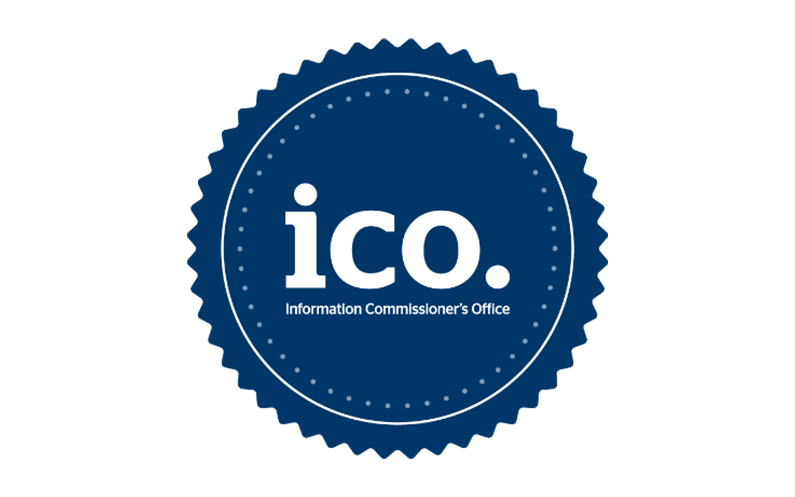In the ever-evolving landscape of search engine optimization, we’ve gathered insights from industry experts on essential techniques for SEO writing services. From embracing continuous learning to writing for humans while optimizing for search, discover the top four strategies recommended by a marketing manager and an SEO expert to stay ahead of the latest algorithm updates.
Table of Contents
Toggle
Embrace Continuous Learning
In the ever-evolving landscape of SEO, one technique that SEO writing services absolutely cannot ignore is continuous learning and adaptation. Search engine algorithms are constantly being refined, and staying ahead of the curve is crucial for maintaining and improving rankings.

I’ve found that actively following industry blogs, attending webinars, and participating in SEO communities are invaluable for keeping up with the latest trends and changes. It’s equally important to analyze your own website’s performance data regularly, as this can reveal insights into how algorithm updates may be impacting your rankings and traffic. By embracing a growth mindset and investing time in ongoing education, SEO writing services can ensure they’re always one step ahead of the competition.
Liga Rudzite, Marketing Manager, Lemon Pitch
Publish Valuable User-Centric Content
The best way for SEO writing services to keep up with the latest algorithm updates is to create high-quality content that offers genuine value to users. When you regularly publish content that engages your target audience through in-depth information on relevant topics, search engines will organically rank your website higher on the SERPs.
It is crucial to conduct extensive research on your target audience’s needs and stay abreast of industry trends to identify the various topics you can write content for. You must rely on credible SEO news sources to learn about algorithm updates and modify your strategies accordingly.
In addition, you must integrate relevant keywords naturally into your content, as well as make sure the content is easy to read and properly structured using header tags, bullet points, numbering, etc., wherever possible. Aside from creating new content, you must also optimize the existing content on your website and update it whenever required to sustain and boost your search engine rankings.
Sultan Saleh, SEO, K Raheja
Prioritize User Experience in SEO
One essential technique SEO writing services should adopt to keep up with the latest algorithm updates is to focus on creating high-quality, user-centric content. Over the years, search engines like Google have increasingly prioritized user experience, which means that content should be informative, engaging, and tailored to meet the needs and intent of the audience. In my experience, when we shifted our strategy to prioritize the user’s needs above all else, we saw a significant improvement in our search rankings and overall engagement metrics.
For instance, I recall a project where we revamped a client’s blog content by deeply analyzing the target audience’s search intent and preferences. We moved away from keyword stuffing and started producing content that answered specific questions and provided real value. This not only improved our rankings but also boosted the client’s organic traffic and on-site engagement. This experience reinforced the importance of aligning SEO strategies with user-centric content creation, a practice that I believe is crucial for staying ahead of algorithm updates.
Brandon Leibowitz, Owner, SEO Optimizers
Write for Humans, Optimize for Search
There’s a common misconception that longer content stuffed with keywords is the key to success. However, my experience has shown that this approach often leads to frustrated readers scrolling through endless paragraphs before finding the information they need.
While it’s tempting to focus solely on algorithms, the most effective strategy is to write for human beings first and optimize for search engines second.
At my previous organization, we initially prioritized lengthy, keyword-rich content. While these posts ranked well (sometimes), engagement was disappointingly low. When we shifted to a more conversational, human-centric approach, we saw a significant improvement in reader interaction.
The lesson? Craft content that resonates with your audience, then fine-tune it for SEO. This approach ensures your writing not only ranks well but also provides value to the readers who find it. Remember, search engines don’t engage with your content—people do.
Aalen Issac, Senior Content Associate, Alyve Health


